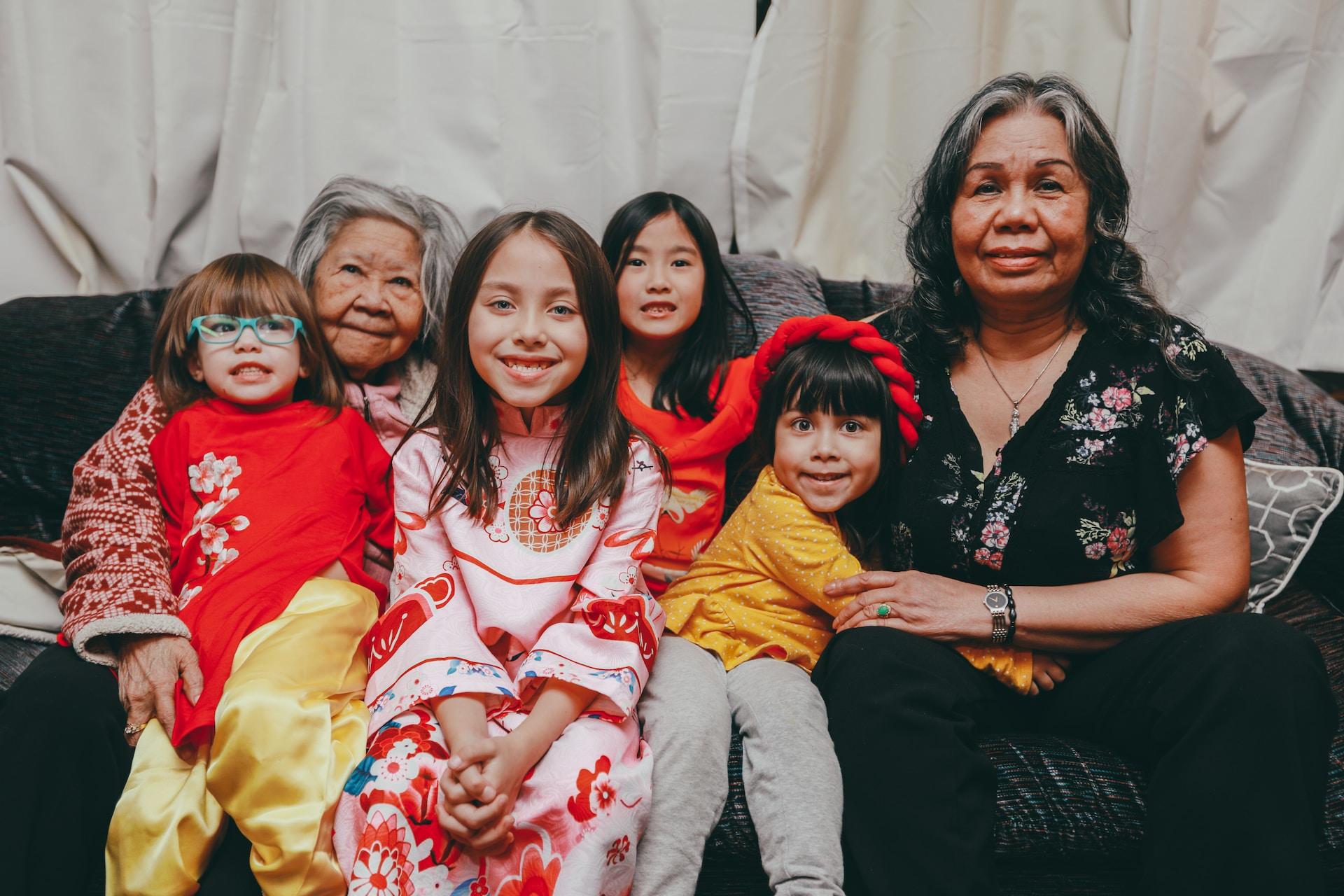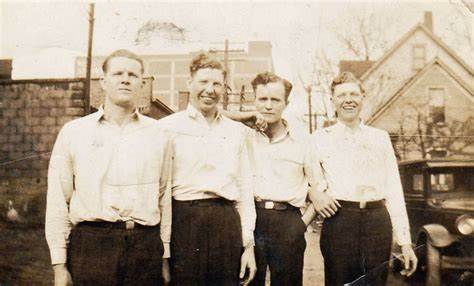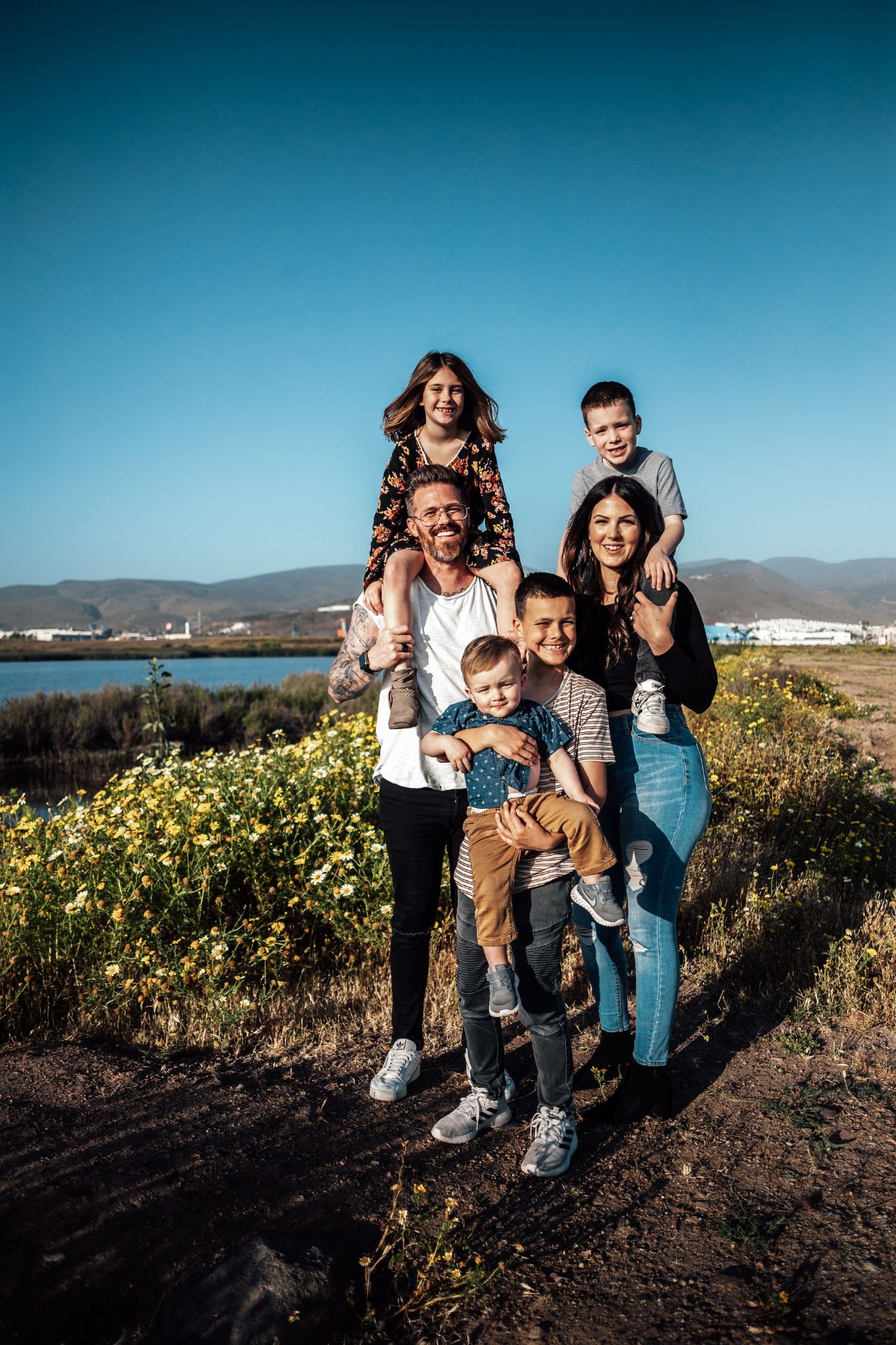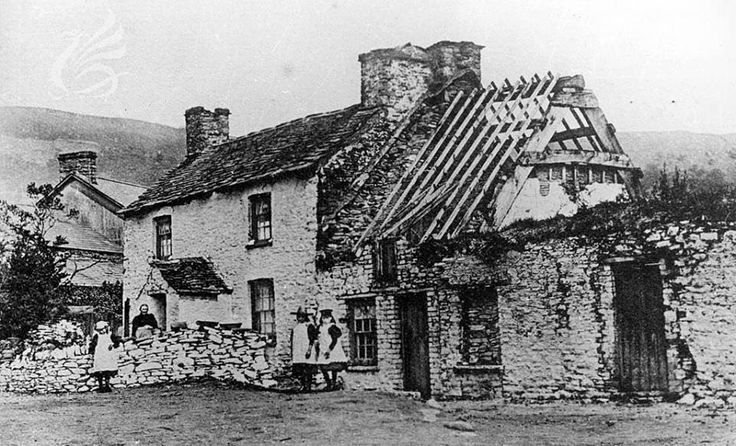Why is Family History Important?
Our own lives are comparatively short in the grand scheme of things and we often do not give a thought to the many lives that came before which led to our own existence. We likely know our parents and grandparents but often we know every little about the generations before that.

Roughly speaking humans as a species date back around 300,000 years on the planet and if we estimate a generation being around 25 years that means there have been in the region of 12,000 generations in our family history. This is of course a very rough estimate but it does at least give us the scope of how many ancestors we have.
When researching our family history we can only hope to discover a fraction of those ancestors with most of us only able to get back a few hundred years in our family tree. Some may get back further but the accepted record is that of the Chinese Kang clan whose traceable family history dates back over 5,200 years or 80 generations.
What Is Family History?
Family history goes beyond the basics of genealogy into a broader scope of who our ancestors were. It is more than the dates and places, it speaks to who our ancestors were and what they did in their day to day lives.
Studying our family history allows us as researchers to place the people we descend from in a social context. It also brings in family members who may not be direct-line ancestors and the influences they had on the family as a whole. As an example a famous great uncle or aunt may be discovered adding flavor to the family history.
It is a study that goes beyond the dates and may include things like exact addresses, movement patterns of the family, occupations and notable events in the lives of our ancestors. You may even learn something from the people who surrounded your family members, even those not related such as neighbors and co-workers.
Reasons Family History Is Important
There are multiple reasons that discovering your family history can be hugely beneficial to you. In this section we will take a look at some of these reasons and discuss why you should consider starting your own research.
It Connects You With Family
I began my own research over 14 years ago with little information about even my immediate ancestors having only ever met one of my grandparents one time. I literally had to start from almost nothing in my research and many of my overall discoveries came thanks to DNA and finding cousins I never knew I had.
Genealogy for me was a way to connect to my ancestors and understand who I came from. Many people may grow up hearing stories of their ancestors but I did not have this so I had to seek them out myself. After years of research and discovering cousins I found two war heroes killed in action, tales of large scale farmers struggling to succeed and numerous individual stories about my ancestors.

Genealogy has connected me with people I never had the chance to meet but whose very existence ensured my own. It has also connected me with 1st – 4th cousins I did not know and now frequently interact with due to our shared heritage.
Genealogy can also bring you closer to your immediate family especially if you discover interesting things that may have laid secret.
It May Boost Your Emotional Health
This may sound like quite a claim to make but studies performed by psychologists at Emory University indicate a strong family narrative may positively impact emotional health. Correlations were drawn between knowing about family history and both sense of control and self esteem in children.

Experts believe that knowing the stories of family can give children a sense of their own history and help them develop a view of who they are.
Can Be Vital to Physical Health
When you sign up with a new doctor they always want a family history from you and although this is not exactly the same as a genealogical one it is not so vastly different. In genealogy we do learn how some of our ancestors died and a medical family history finds this interesting as well.
If we know how our parents, grandparents or great grandparents may have died this could be important to our own physical health. Some medical conditions are hereditary or our genetics may make us more susceptible to certain illnesses.
Doctors who are well informed regarding the health of our more immediate ancestors can advise us on steps we can take to avoid conditions we may have a high likelihood of developing. It empowers us to make personal health decisions that ensure we stay healthier in general.
It May Increase Compassion
When we view the world only through our own experiences we have a very limited insight into its realities. When we learn about our ancestors and their personal stories we may discover a way of life that we ourselves could not possibly imagine.
As an example, knowing that my great grandfather was killed in the trenches of WWI Europe brings me to imagine circumstances I have never personally faced. He was by all accounts a brave man and was posthumously awarded medals for valor. The fact that his final days and hours were spent in a deep muddy trench with explosions going off all around him makes me feel for him.

This man who died over 60 years before my birth did so in a trench hundreds of miles from his home where his wife and young children sat praying that he would one day return home safe. This family, my own family, experienced loss and hardships I can't imagine. I have empathy for all of them though I personally met none of them.
Looking back at the people without whom we would not exist connects us to struggles we can’t imagine. It may put into perspective our own challenges and give us more gratitude and resilience in our lives. If our ancestors could fight through then so can we and remembering their struggles should teach us empathy.
Connects Us to Lapsed Culture and Traditions
As families moved and intermarried over the generations certain aspects of their traditions and cultures may have changed. We may have heritage from multiple countries and our modern day traditions may be vastly different from those our family practiced centuries or even decades ago.
The research of our family history may uncover details of the traditions followed by our ancestors. The cultures we descend from are as much a part of who we are today as the genetics of our ancestors. We need not revive the practices of our ancestors but understanding them tells us more about our origins.
Passing on the Research
We may start the family history journey as a personal project and voyage of discovery but eventually it becomes a story of our family. This can be passed down to the next generation allowing them to learn the things we have discovered and make their own connection to their family history.
The next generation may even make new discoveries about our family history as record availability seems to be growing constantly. New technologies for research may become available and the understanding of the family may be brought on further under the next generation.
Once we reclaim our family's history it is important to give the younger generation a chance to learn about it and expand upon it if they have the interest to do so.
Final Thoughts
Family history gives us connections to the past which may have been lost for generations. It helps us learn about the people from whom we descend, their struggles, cultures and traditions. Developing a connection to our family history can enrich us in both physical and emotional health as well as bring us empathy for those who came before us.
Link To or Reference This Page
We spent a lot of time downloading, cleaning, merging, and formatting the data that is shown on the site.
If you found the data or information on this page useful in your research, please use the tool below to properly cite or reference Name Census as the source. We appreciate your support!
-
<a href="https://namecensus.com/blog/why-is-family-history-important/">Why is Family History Important?</a>
-
"Why is Family History Important?". NameCensus.com. Accessed on May 7, 2024. https://namecensus.com/blog/why-is-family-history-important/.
-
"Why is Family History Important?". NameCensus.com, https://namecensus.com/blog/why-is-family-history-important/. Accessed 7 May, 2024
-
Why is Family History Important?. NameCensus.com. Retrieved from https://namecensus.com/blog/why-is-family-history-important/.
